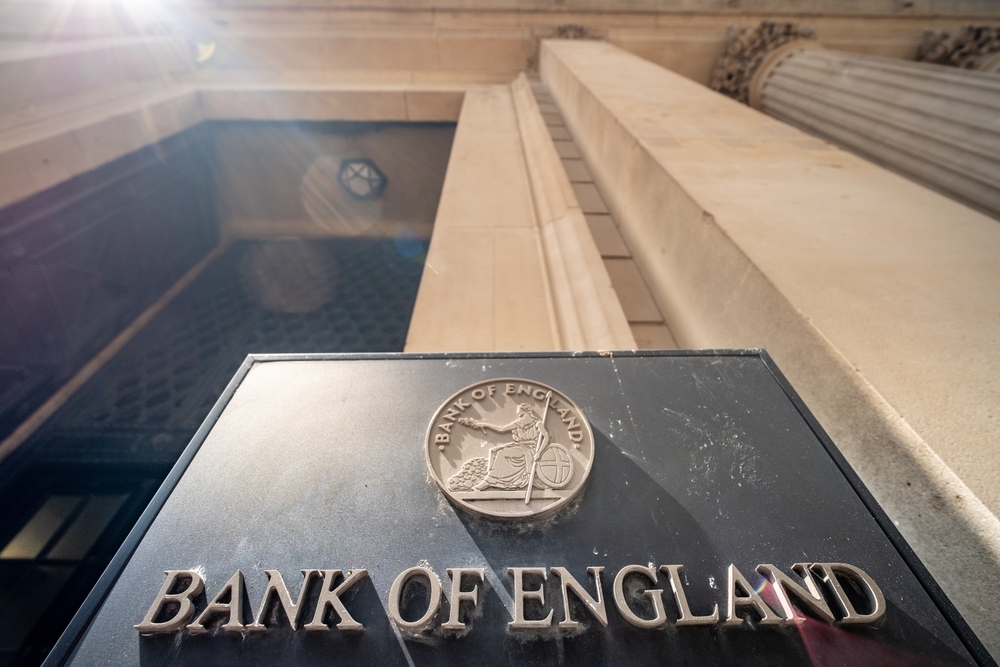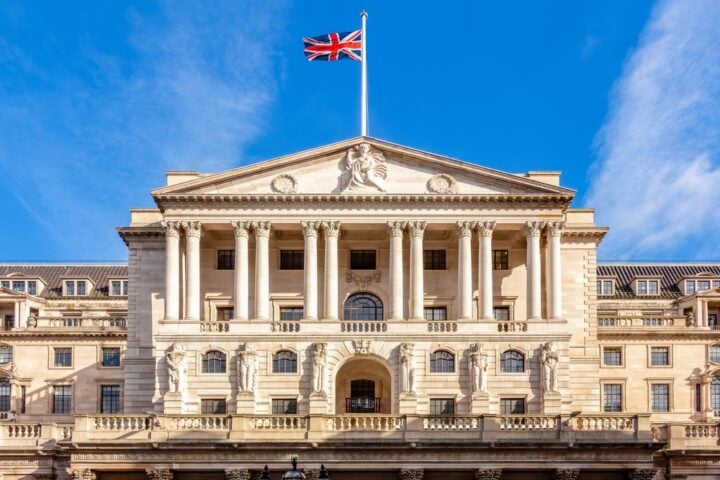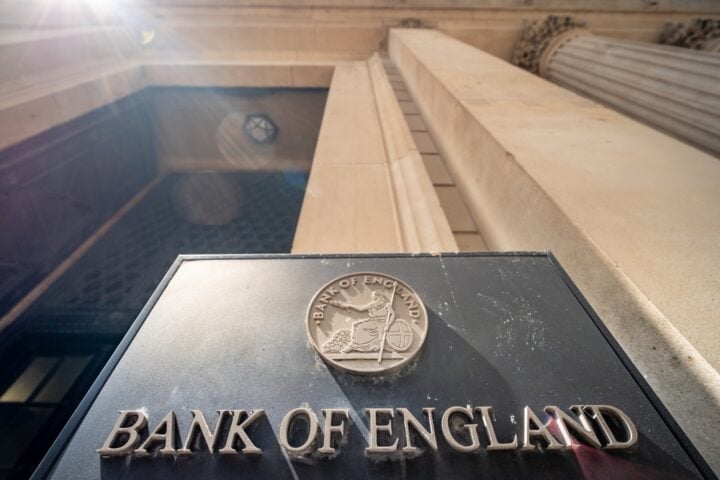Interest Rates Remain at 4.5% Amid Economic Pressures
The Bank of England (BOE) decided on Thursday to keep interest rates at 4.5%, as the U.K. economy grapples with global trade tensions and slowing domestic growth. The decision, widely anticipated by markets, was reached with an 8-1 majority in the central bank’s Monetary Policy Committee (MPC), with one member voting for a 25-basis-point rate cut.
The BOE highlighted the impact of heightened trade uncertainty, particularly from U.S. President Donald Trump’s evolving tariff policies and retaliatory measures from other governments.
“Since the MPC’s previous meeting, global trade policy uncertainty has intensified, and the United States has made a range of tariff announcements, to which some governments have responded.” — Bank of England statement
Economic Concerns at Home and Abroad
The U.K. economy has shown signs of weakening, contracting by 0.1% in January. The BOE in February halved its 2025 growth forecast to just 0.75%, reflecting concerns over a stagnant economy.
Inflation has also emerged as a challenge. The BOE previously forecasted that U.K. inflation could temporarily rise to 3.7% in the third quarter of 2025, largely due to rising energy costs. In January, inflation unexpectedly jumped to 3%.
Analysts say the BOE is balancing inflation risks against economic fragility:
“A stagflationary tone to recent economic data means the MPC is balancing inflation considerations against downside growth risks and fragile confidence.” — Hussain Mehdi, HSBC Asset Management
More Interest Rate Cuts Ahead?
Looking ahead, the BOE signaled that further rate cuts are possible but will depend on economic conditions. If demand weakens relative to supply, policymakers may take a less restrictive stance on monetary policy. However, if inflationary pressures persist—particularly in wages and consumer prices—the BOE could maintain higher interest rates longer than expected.
Capital Economics’ Paul Dales noted that while some dovish language appeared in the BOE’s latest statement, overall sentiment was more hawkish than anticipated, suggesting a cautious approach to rate cuts.
Market Reaction and Upcoming Fiscal Policy Decisions
The British pound fell 0.3% against the dollar following the BOE decision, while 10-year gilt yields edged lower by over four basis points.
The decision comes just ahead of key fiscal policy announcements. The U.K. government is set to introduce tax changes that businesses warn could dampen investment and job creation. Additionally, Chancellor Rachel Reeves will present the U.K. Treasury’s “Spring Statement” on March 26, where she faces pressure to balance public spending, taxation, and fiscal discipline amid high borrowing costs.







